Agentic AI: The Next Leap in AI Automation for Singapore (2025 Guide)
As businesses in Singapore accelerate their digital transformation journeys, a new wave of artificial intelligence is emerging—Agentic AI. Unlike traditional AI systems that rely on human instructions, agentic AI can autonomously plan, decide, and act to complete tasks based on high-level goals. In essence, it doesn’t just assist—it takes initiative.
In this guide, we explore the detailed agentic AI explained, what it is, why it matters, real-world use cases across Singapore, and how businesses can prepare for this next leap in automation. Whether you’re a tech leader, startup founder, or enterprise innovator, now is the time to understand and leverage the power of agentic AI.
Table of Contents
- What Is Agentic AI?
- Why Agentic AI Is Ideal for Singapore’s Enterprise Landscape
- How Does Agentic AI Work?
- Key Benefits of Agentic AI for Businesses
- Real-World Agentic AI Use Cases in Singapore
- Challenges and Considerations
- How to Implement Agentic AI in Your Business (Step-by-Step Guide)
- The Future of Agentic AI in Singapore and Beyond
- Why Partner with Kaopiz for Agentic AI Development in Singapore
- Conclusion
- FAQs
What Is Agentic AI?
Agentic AI is a new frontier in artificial intelligence where systems are not just reactive but proactive. Unlike traditional AI, which waits for commands or inputs to generate responses, agentic AI automation can autonomously plan, make decisions, take actions, and learn from outcomes to achieve specific goals.
The term “agentic” refers to having agency—the ability to act with purpose. Agentic AI systems are designed to break down complex objectives into smaller tasks and execute them in sequence, often adapting their strategies based on real-time feedback.
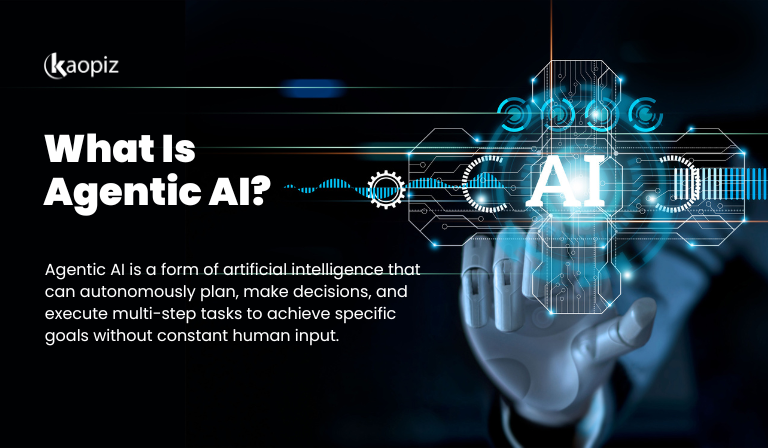
For instance, instead of simply answering a question, an agentic AI tool might research, synthesize insights, draft a response, and suggest next steps—all without further prompts.
Key Characteristics:
- Goal-Oriented: Works toward long-term objectives rather than responding to single commands.
- Autonomous Execution: Makes decisions, takes actions, and adapts based on real-time feedback.
- Context-Aware: Remembers past interactions, adjusts strategies, and plans next steps accordingly.
- Multi-Step Reasoning: Capable of breaking complex tasks into smaller sub-tasks and completing them in sequence.
Think of agentic AI as a proactive digital assistant or even a supercharged intern. It doesn’t just follow instructions—it anticipates, learns, and evolves its strategy to deliver optimal results. As businesses in Singapore pursue smarter automation in 2025, this technology is emerging as the key to unlocking scalable efficiency and innovation.
Why Agentic AI Is Ideal for Singapore’s Enterprise Landscape
Singapore has long been a leader in digital innovation, with strong government support, advanced infrastructure, and a thriving tech ecosystem. These factors make it an ideal environment for the adoption of Agentic AI. This technology automates complex tasks and enhances decision-making across sectors.

- Government-Backed Digital Strategy: Initiatives like Smart Nation and support from IMDA foster a culture of innovation and create a favorable regulatory framework for emerging technologies.
- Tech-Forward Industries: Key sectors in Singapore—such as financial services, logistics, healthcare, and education—are already leveraging automation and data analytics. Agentic AI builds this foundation by enabling systems to independently carry out multi-step, goal-driven tasks.
- Talent & Infrastructure Readiness: With a digitally skilled workforce and widespread cloud adoption, Singaporean enterprises are well-equipped to integrate Agentic AI into their operations, improving efficiency, customer service, and scalability.
For companies in Singapore aiming to lead in the AI economy, Agentic AI offers a strategic edge, turning intelligent automation into a competitive differentiator.
How Does Agentic AI Work?
It works by combining advanced technologies—like machine learning, natural language processing, and autonomous decision-making—into intelligent systems known as “agents.” These agents are designed to independently perceive their environment, make decisions, and take action without constant human direction.
Here are the simplified steps illustrating how it works:
- Perception: Agents gather data from sensors, APIs, or databases and analyze it to extract relevant insights.
- Reasoning: Guided by large language models (LLMs), the system interprets user goals, crafts strategies, and coordinates specialized sub-agents for content creation, analytics, or decision-making.
- Action: Agents perform tasks autonomously by connecting with tools or systems—such as booking platforms, CRMs, or cloud services—often using APIs and guardrails to ensure safe, compliant execution.
- Learning: With continuous feedback, agents improve performance over time, enabling smarter decision-making and more efficient operations.
- Collaboration: Agentic systems operate on distributed platforms that allow multi-agent collaboration, ensuring scalability, speed, and resilience. Open-source frameworks also foster community-driven innovation.
Agentic AI’s strength lies in its ability to operate independently while staying aligned with business goals. When comparing agentic AI vs Generative AI, Generative AI creates content based on prompts, while agentic AI takes it further by chaining decisions and actions to complete entire tasks or workflows.
Key Benefits of Agentic AI for Businesses
AI automation for enterprises is transforming how organizations operate by introducing autonomous, goal-driven systems that reduce manual effort and boost productivity.
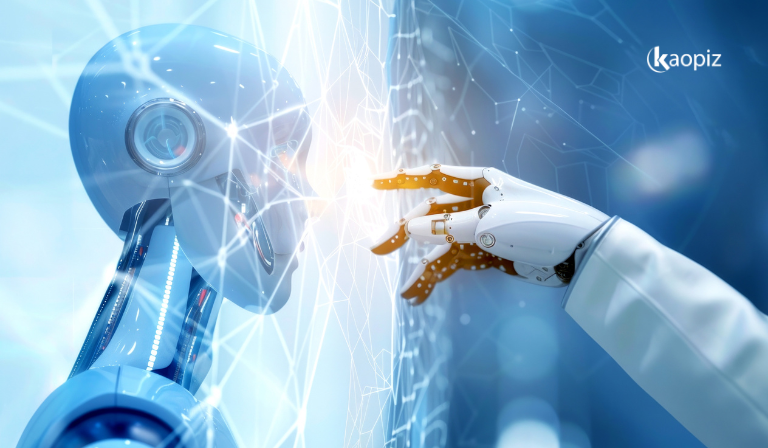
Here are the core benefits businesses in Singapore—and globally—can gain from adopting this technology:
- Autonomous Task Execution: It can plan, execute, and adapt workflows with minimal human input, freeing teams from repetitive or complex operational tasks.
- Improved Efficiency and Scalability: By automating multi-step processes and decision-making, businesses can accelerate delivery timelines, scale operations quickly, and reduce overhead costs.
- Smarter Decision-Making: With built-in reasoning and real-time data analysis, it delivers actionable insights that support better business strategies and responses.
- Seamless Multitasking Across Systems: Agents can interact across APIs, platforms, and tools, making them ideal for orchestrating processes across departments like marketing, sales, and customer support.
- Personalized Customer Experiences: From lead nurturing to post-sale service, this technology can provide consistent, contextual, and proactive customer engagement at scale.
- Natural Communication: With NLP and reasoning capabilities, these systems can clarify goals, negotiate constraints, and align with human expectations more effectively than traditional bots.
Real-World Agentic AI Use Cases in Singapore
The technology is rapidly gaining traction across Singapore’s key industries, thanks to its ability to autonomously plan, act, and learn. Below are real-world use cases of how Singapore businesses are adopting this technology to boost efficiency and stay competitive.
Healthcare
Hospitals and MedTech startups are exploring agentic AI to manage patient intake, automate diagnostics, and personalize care plans.

Some agentic AI examples in healthcare include:
- Analyze symptoms and patient history to suggest diagnostic paths.
- Schedule tests and appointments autonomously.
- Monitor recovery data and adjust care recommendations in real-time.
Education
Edtech platforms in Singapore are integrating this technology to create tailored learning experiences:
- AI agents evaluate student performance and generate adaptive learning plans.
- Automate teacher administrative tasks like grading or scheduling.
- Engage students via interactive virtual tutors that evolve based on individual progress.
Software Development
Singapore-based startups and digital agencies are beginning to leverage the technology in DevOps:
- Automatically generate code snippets or UI designs based on specifications.
- Monitor bugs, generate test cases, and push updates autonomously.
- Integrate agile workflows to plan sprints and assign tasks to human developers.
Finance
Banks and fintech companies are using agentic AI to power smart investment advisors and fraud detection systems:
- AI agents monitor user behavior and flag anomalies in real time.
- Autonomously recommend personalized financial plans.
- Manage routine customer service interactions via secure, intelligent chat agents.
Logistics & Smart Cities
Singapore’s smart nation initiatives are leveraging it for urban management:
- Agents optimize delivery routes in real time using traffic and weather data.
- Smart buildings use AI agents to manage energy efficiency, security, and maintenance.
- City planners simulate infrastructure scenarios using agent-based models for better policy decisions.
Challenges and Considerations
While agentic AI holds enormous promise, it also brings a unique set of challenges. Therefore, businesses and regulators in Singapore must address to ensure responsible and effective adoption:
- Ethical Decision-Making: Autonomous AI raises concerns about value alignment. Human oversight is vital, especially in sensitive fields.
- The Black Box Problem: The technology decisions are often hard to explain, affecting trust and accountability in regulated sectors.
- Accountability: When a fully autonomous system makes a wrong call, determining who is responsible—the developer, the user, or the AI—remains in a grey area.
- Data Privacy and Security: Handling sensitive data requires strong safeguards to comply with Singapore’s PDPA and prevent misuse.
- Impact on Employment: Some roles may be displaced. Upskilling is essential to support a smooth transition to work.
- Implementation Complexity: Deploying it demands robust infrastructure, technical expertise, and ongoing maintenance.
How to Implement Agentic AI in Your Business (Step-by-Step Guide)
This technology can drive major efficiency gains and innovation, but successful adoption requires a strategic, phased approach. Here’s how to get started:
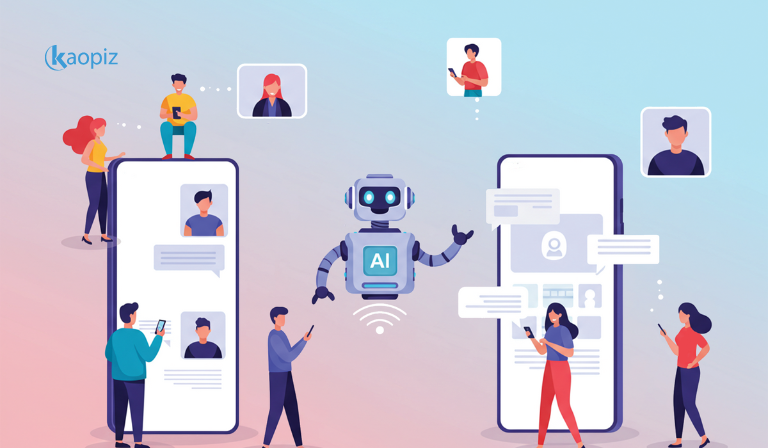
- Identify High-Impact Use Cases: Target repetitive or decision-heavy tasks like customer support or workflow automation where AI can add speed and efficiency.
- Assess Readiness and Infrastructure: Ensure your IT setup—cloud, data, APIs—is ready to support agentic AI. Clean, structured data is essential.
- Choose the Right Tools: Use platforms that support multi-agent design and LLMs. Consider securing enterprise tools or open-source frameworks.
- Develop and Train AI Agents: Build goal-oriented agents with feedback loops. Train them on real or synthetic data before deployment.
- Start with a Pilot: Test in a controlled environment to validate performance. Measure time saved, accuracy, or engagement.
- Scale Responsibly: Expand gradually with governance in place for ethics, PDPA compliance, and alignment with business goals.
- Monitor and Improve: Track KPIs and refine agents based on real-time performance and user feedback.
The Future of Agentic AI in Singapore and Beyond
Agentic AI is not just a passing trend—it represents a fundamental shift in how businesses operate, innovate, and compete. As organizations look beyond automation to true autonomy, it stands at the forefront of this evolution.
- Accelerated Adoption: According to Gartner, by 2028, 15% of daily work decisions will be made autonomously by agentic AI, up from virtually none in 2024. This marks a rapid shift toward AI systems that think, plan, and act independently.
- Singapore as a Regional Pioneer: With its Smart Nation vision, supportive government policies, and world-class infrastructure, Singapore is well-positioned to lead agentic AI adoption in Asia.
- Cross-Industry Disruption: From personalized healthcare and autonomous finance to smart city logistics and next-gen education, this technology will transform how services are delivered and how decisions are made. Its ability to coordinate complex workflows without constant human input will reshape business models.
- Continuous Learning & Adaptability: The systems improve with use. As they interact with data and environments, they refine their reasoning and adapt strategies, enabling businesses to respond to market shifts faster and smarter.
- New Ecosystems and Partnerships: It opens the door to collaborative ecosystems, where AI agents, human teams, and data systems work in harmony. This will drive the emergence of new platforms, services, and cross-sector collaborations in Singapore and beyond.
Why Partner with Kaopiz for Agentic AI Development in Singapore
As businesses in Singapore accelerate their digital transformation, selecting the right development partner for agentic AI is critical. At Kaopiz, we combine deep technical expertise with a strategic understanding of enterprise challenges to help you harness the full potential of this technology.
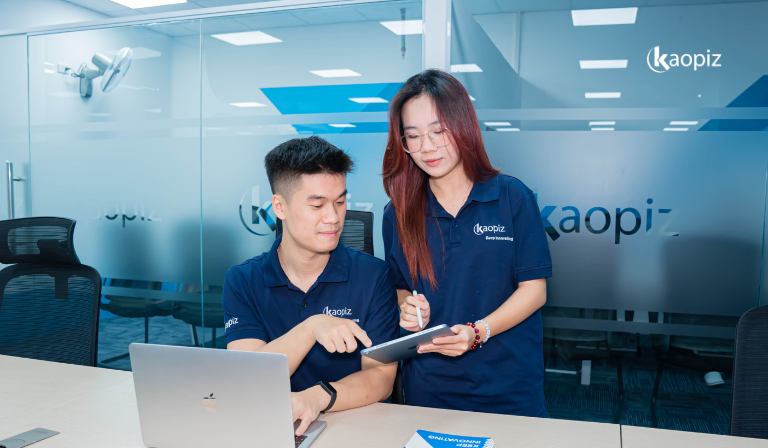
- Proven AI & Automation Experience: We’ve delivered AI development services across industries—from healthcare to finance—using machine learning, NLP, and cloud-native tools. Our team is equipped to build autonomous, goal-driven AI agents tailored to your workflows.
- Customized Solutions: We design systems based on your unique objectives, data, and operational needs—whether it’s building internal tools, customer-facing assistants, or end-to-end workflow automation.
- Scalable Architecture & Secure Integration: Our solutions follow best practices in data privacy (PDPA-compliant), cybersecurity, and system interoperability, ensuring safe deployment within your existing infrastructure.
- Agile and Cost-Effective Development: As an offshore development partner, we offer high-quality builds at competitive rates—without compromising flexibility, speed, or scalability.
- Strategic Support for Long-Term Growth: We don’t just deliver code—we work with your team to define use cases, train internal users, and continuously improve your agentic systems as your needs evolve.
With 10+ years of experience and 500+ successful projects, Kaopiz is your trusted AI development partner to explore, implement, and scale agentic AI—positioning your business for innovation and competitive advantage in Singapore’s fast-moving tech landscape. Let this technology drive your next leap in innovation.
Conclusion
Agentic AI represents the next evolution of artificial intelligence, moving beyond passive responses to active, autonomous decision-making. In Singapore, where digital transformation is a national priority, agentic AI applications in business offer unprecedented opportunities. It enhances productivity, personalizes user experiences, and future-proofs business operations across industries.
While technology comes with challenges—ethical concerns, infrastructure demands, and regulatory considerations—the benefits of speed, scalability, and intelligent automation make it a compelling frontier for forward-thinking enterprises.
FAQs
Start by identifying high-impact use cases in your business where autonomy and real-time decision-making can drive value, such as customer support, operations, or marketing. Next, assess your tech readiness (cloud, APIs, data), choose a reliable framework, and run a small-scale pilot with clear KPIs before scaling. Partnering with an expert agency like Kaopiz can help accelerate this journey.
Yes—when implemented responsibly. The systems can include built-in guardrails, role-based access, audit trails, and human-in-the-loop mechanisms to ensure compliance, especially in sensitive sectors like healthcare and finance. Working with vendors who understand Singapore’s PDPA and industry-specific regulations is key.
In Singapore, industries such as finance, healthcare, public services, and retail are leading the adoption of agentic AI. Financial institutions use it for autonomous trading and fraud detection, while healthcare leverages it for personalized care and diagnostics. The public sector applies it in smart city initiatives, and retailers use it for dynamic pricing, customer support, and personalized marketing.
Trending Post
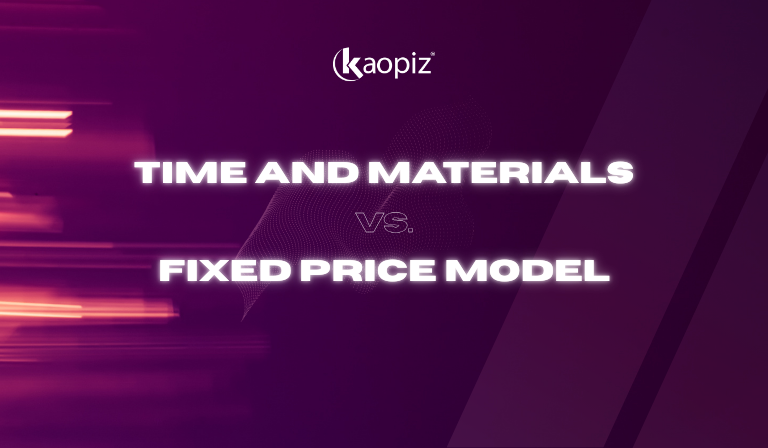
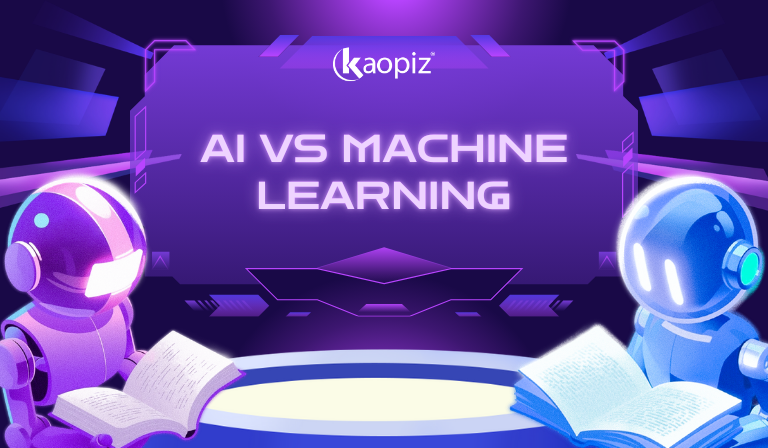
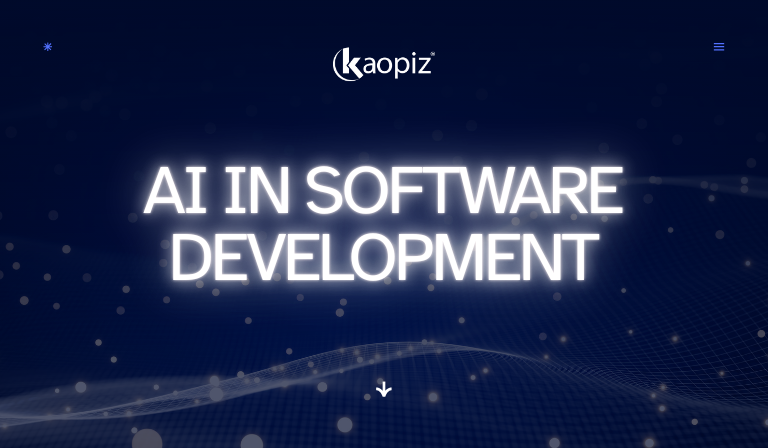
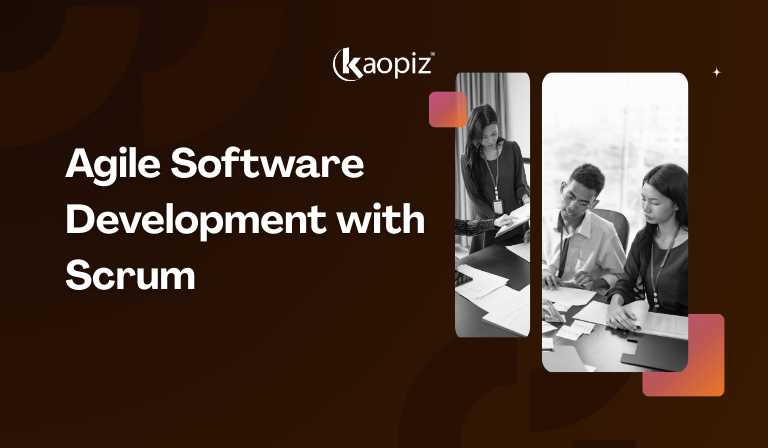
















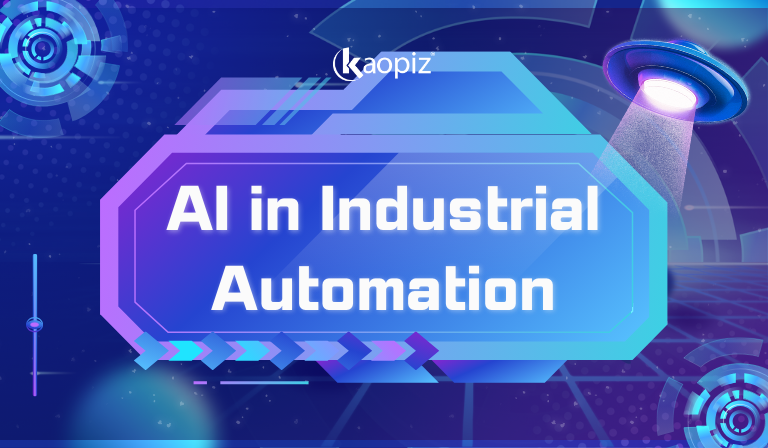

No Comments yet!